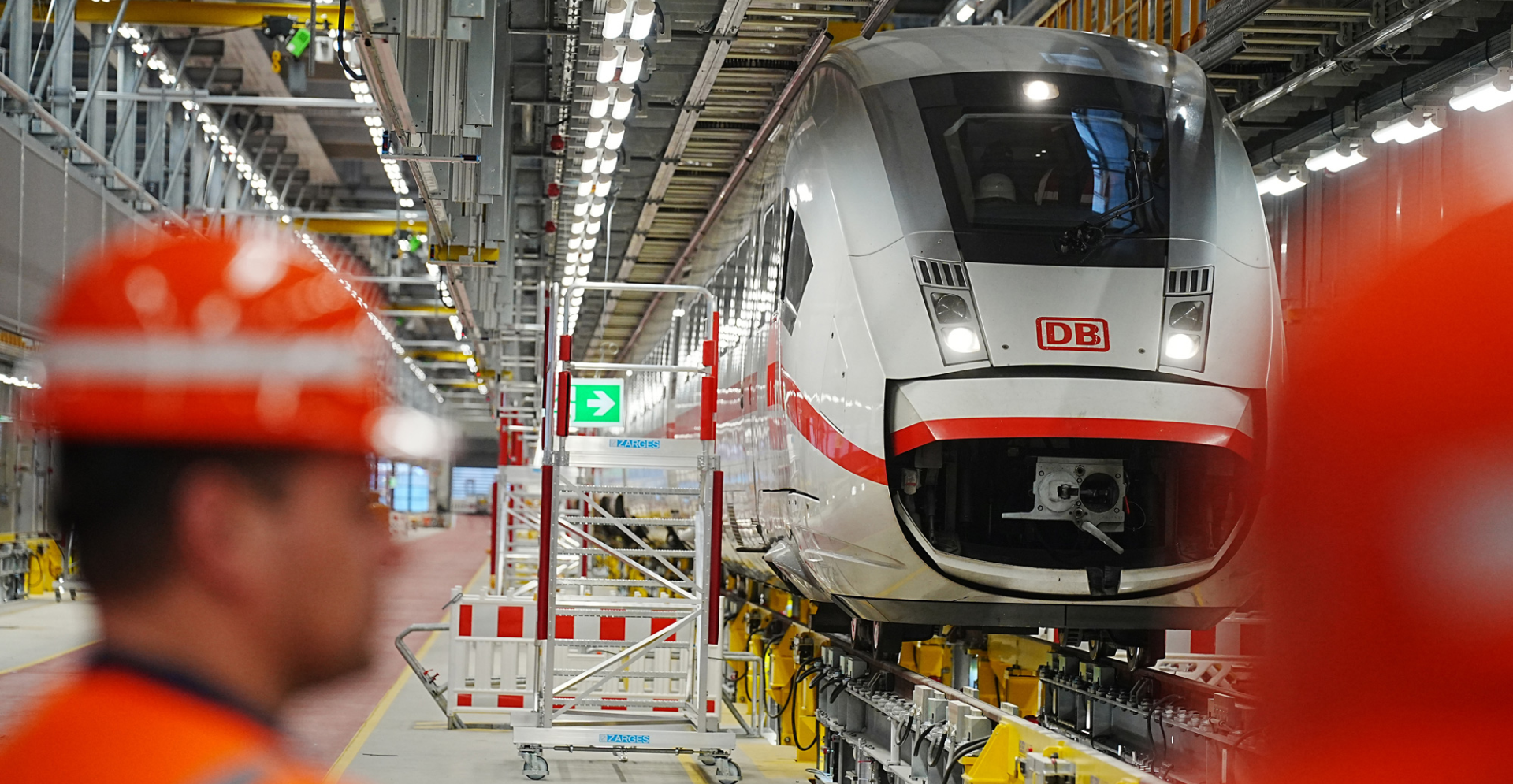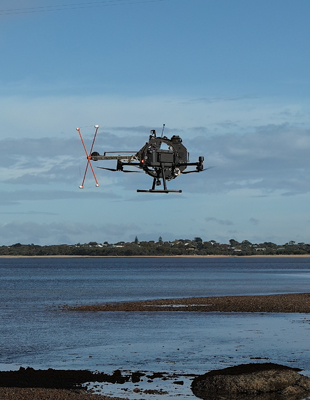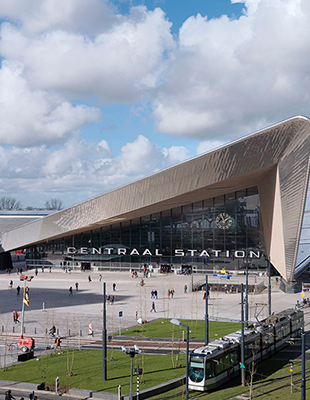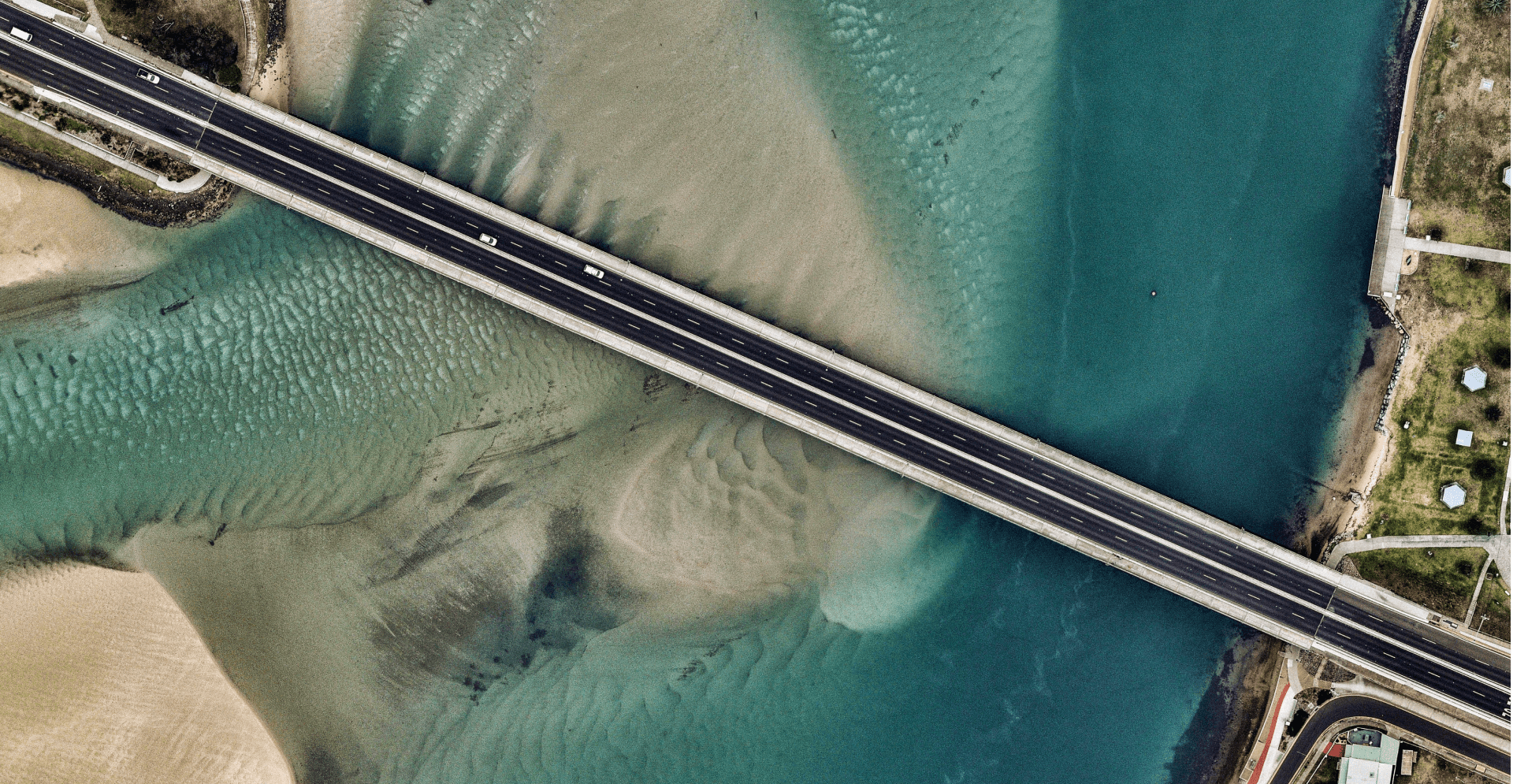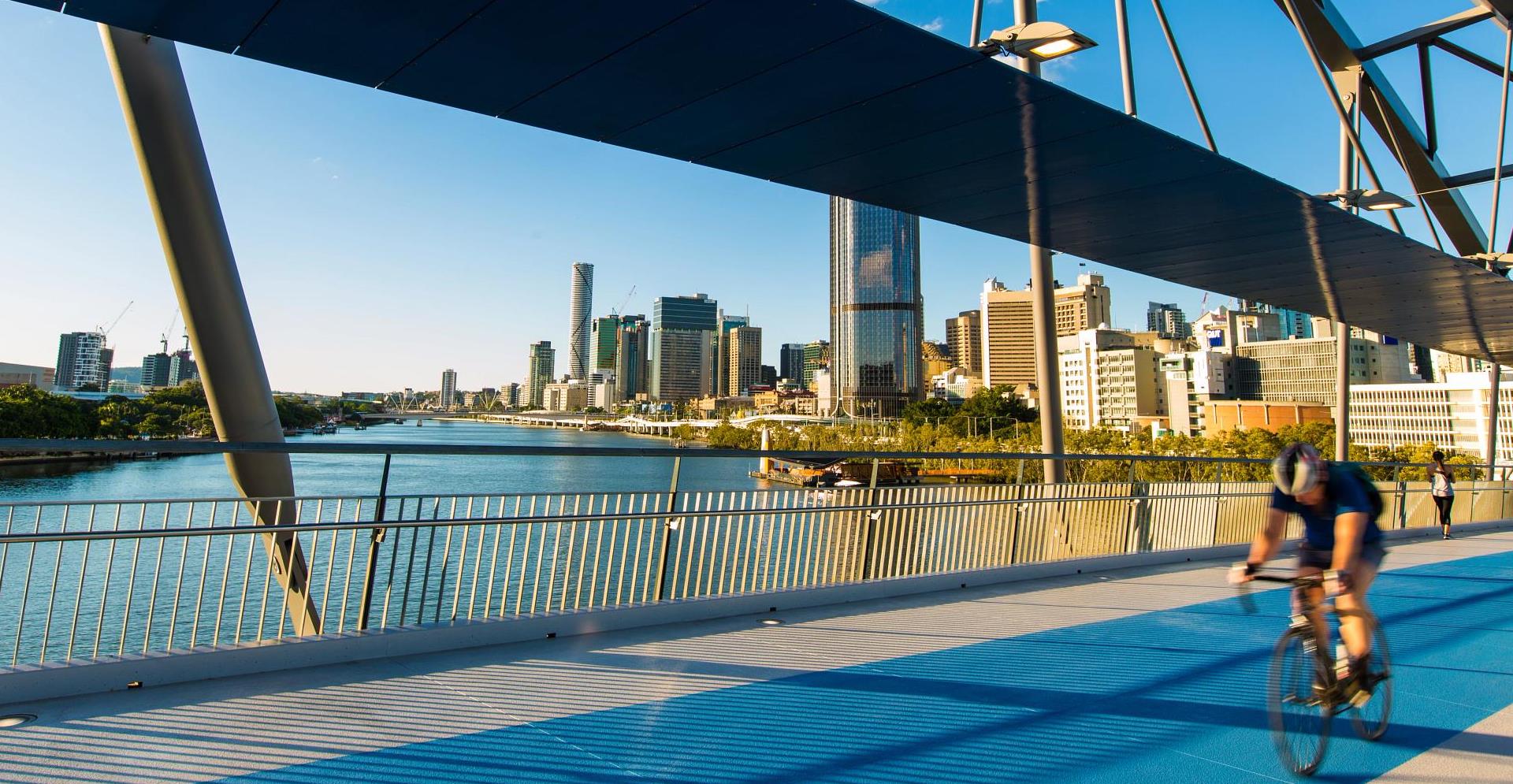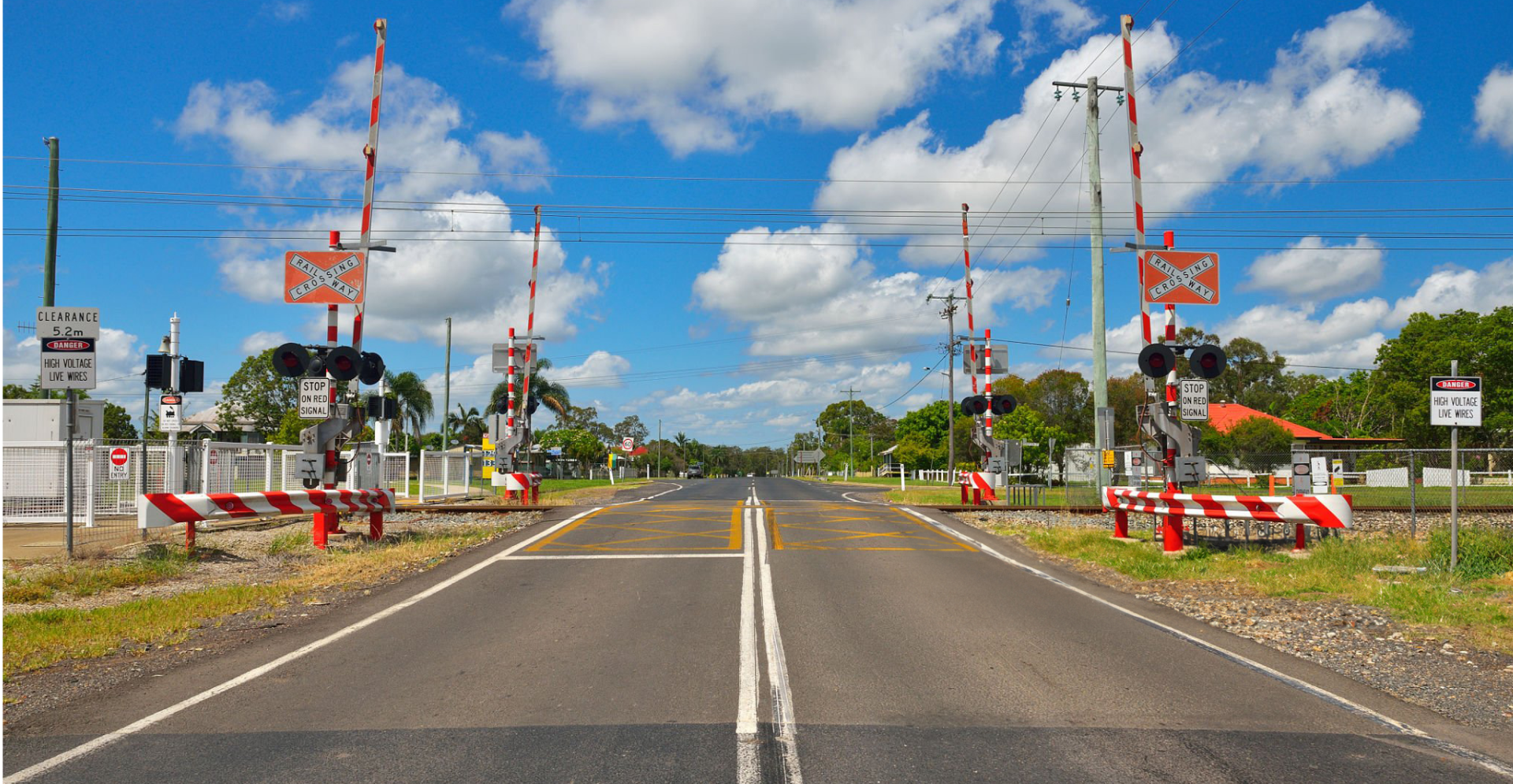Table of Contents
The challenge
Deutsche Bahn needs a future-proof hub for the maintenance of its high speed trains - a billion-euro investment with a tight time frame.
1 billion Euros
High-performance rail transport with efficient and reliable high-speed connections is one of the basic building blocks for sustainable mobility. In addition to the construction and expansion of the rail network, a modern and efficient maintenance infrastructure for high-tech multiple units is an essential prerequisite to achieve this. Deutsche Bahn is taking a proactive approach in expanding one of its traditional train maintenance locations in Cottbus into the most modern and largest maintenance hub in its entire network. This mega-project has a 1 billion Euros investment and an ambitious schedule with high sustainability requirements.
The structure of decision-makers and stakeholders is also complex with the involvement of specialist planners, consultants, experts, approval authorities, construction companies, project managers and controllers.
The solution
As part of the new "Rail Partnership Model", Arcadis is committing itself to consensus-based implementation together with other companies.
526 meters
Deutsche Bahn's groundbreaking plan was to establish the New Plant Cottbus (NWC) as part of an "integrated project management" (IPA). As the first IPA project of this magnitude, the new Intercity Express (ICE) maintenance hub is a pioneer and lighthouse project for Germany. Planning and construction companies are involved at an early stage in the conception and planning phase and are contractually and culturally committed to achieving their goals on time and on budget. In this setup, transparency and collaboration are key principles for success.
With the scientific support of the Technical University of Berlin, Deutsche Bahn has further developed the model to meet its specific requirements profile to the "Rail Partnership Model" and launched it in Cottbus. As supporters of the IPA concept, Arcadis provided its expertise in building construction, structural engineering and building services planning as part of a competent and efficient team with experts from Engie (technical building equipment), Logsol (logistics), Baumert & Peschos (overall coordination and control planning of building construction and structural engineering), Rhomberg Sersa (traffic facilities, civil engineering, railway equipment) and W&F (building construction and civil engineering). Friction losses and interface problems were minimised because of consistent digitalisation of all planning and process steps with state-of-the-art systems and platforms.

The Impact
From 2026, more than 1,200 new workplaces will be used in Cottbus to maintain trains for sustainable, rail-bound long-distance transport.
1,200
The first ICEs will be serviced at the New Plant in Cottbus in 2024, marking a milestone in the transition to sustainable mobility in Germany and Europe. The facility includes two large maintenance halls where state-of-the-art trains can be prepared for their next service cycle on three parallel maintenance tracks. The completion and commissioning of the other maintenance facilities are planned for 2026.
With more than 1,200 new jobs and training opportunities being offered, the NWC will also become an economic driving force for the city and the region. The project’s focus on sustainability throughout all planning and construction phases has also significantly minimised its ecological footprint.
The timely completion also shows that complex megaprojects can be implemented without time- and cost-consuming conflicts of interest and legal disputes. The key to the success of the "New Plant Cottbus" project is the synergy of technical expertise of all those involved, the strong focus on digitalisation and the IPA cooperation model. Cottbus not only set the course for the rail transport system but also provided a roadmap for major infrastructure projects in the future.
Not done reading?
This also might be interesting for you
- Related Projects
- Related Insights
- Related Blogs
